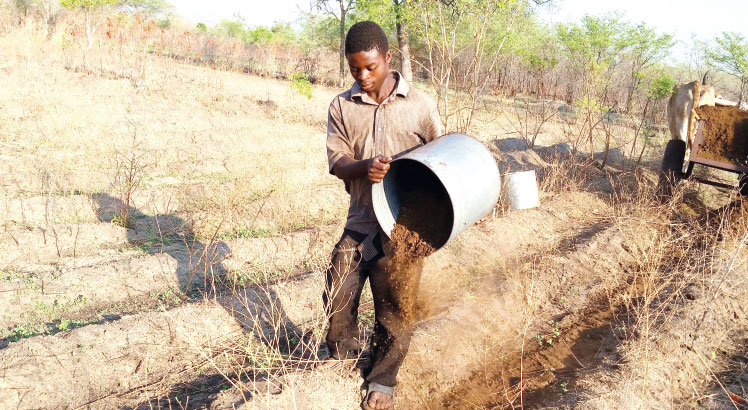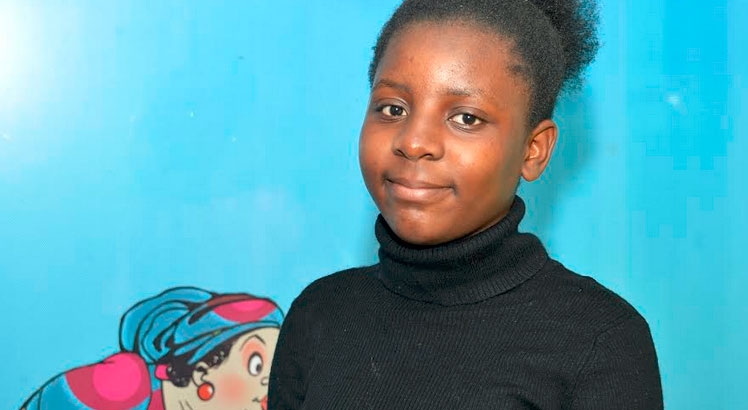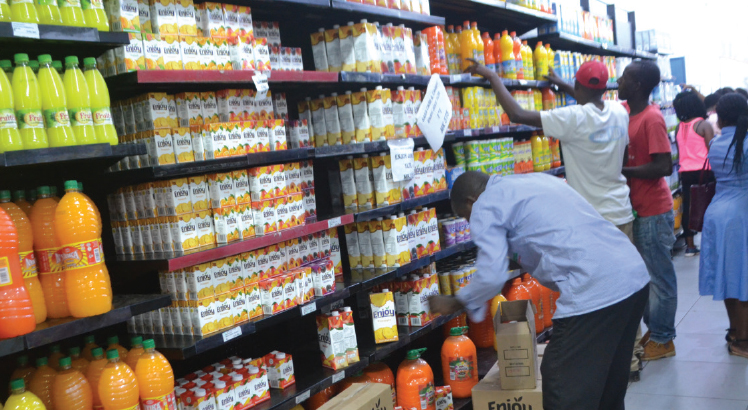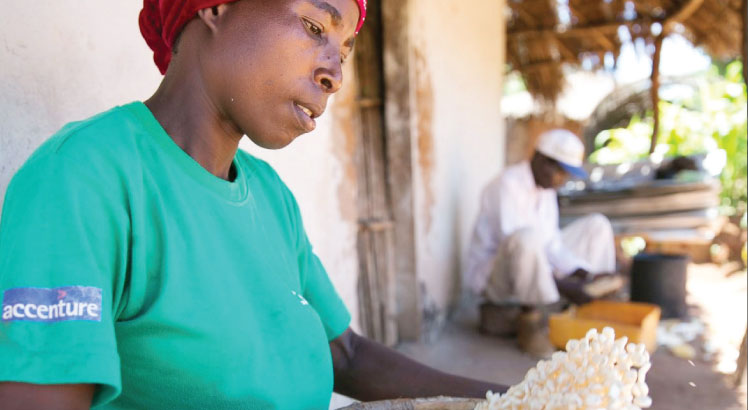Study reveals athletes’ poor diet

By simply analysing what athletes ate in a week, a Blantyre-based nutritionist’s study has proved a correlation between poor diet and underperformance.
Smickey Chiula, a holder of a Master’s degree in nutrition and food sciences, asked Blantyre-based athletes such as netballers, weightlifters, hockey and rugby players what they ate from Monday to Friday and in what quantities.
The study at the High Performance Centre of the College of Medicine showed that either the local athletes eat too much of one food such as nsima or others think chicken and chips is the healthiest food.
“People have no knowledge of food. For us to do well, we need to embrace sports science. You can have the skill and fitness, but when not mentally ready, you can’t perform. It’s not about the size of the dog in the fight, but the size of the fight in the dog,” Chiula explained in an exclusive interview.
He then recommended to the athletes how they ought to consume the very food they have been eating all along. After three weeks, he tested them in speed, strength and body fat among others.
The tests he conducted on teams such as Complex Tigresses showed improvement in performance, said the man who also holds an advanced diploma in personal training and fitness instruction.
“It is not about going to eat in town. Just phala lotsira nsinjiro, then you have all carbohydrates and proteins. It is about preparing the food properly. Even in nsima, there are some acids that prevent absorption of some vitamins, so diet needs to be varied,” Chiula explained.
Tigresses’ coach Peace Chawinga Kalua and renowned netballer Beatrice Mpinganjira praised Chiula, who comes from Cape Maclear, Mangochi, for enhancing the team’s form. For example, Tigresses’ player Zione Tembo shed 10 kilogrammes within the three weeks.
“Most athletes had body fat of around 30 percent, but he advised to keep it below 15 percent.
“Now our speed has improved. We can sprint and jump and even breathe with ease. We used to eat food such as chips and chicken, but now I prepare it without fats,” Mpinganjira explained.
Kalua added that by improving the players’ physical conditioning, Chiula was making her coaching job easy and she only concentrates on tactics.
“The players now fill forms indicating what they have eaten in a particular week. We may not monitor what they eat in their respective homes, but when they undergo the tests, those who did not adhere to the prescribed eating habits are exposed,” said the coach.
Chiula, back home after a 10-year study in the UK, works as an expert at the internationally recognised High Performance Centre and also at Queen Elizabeth Central Hospital’s Nutrition Department.
“After 10 years, I said maybe I can take my skills back home, but I am frustrated by lack of infrastructure. We need to get science in our national sports teams by including nutritionists, sports pyschologists and physiotherapists,” he advised.
He is writing a report recommending sports science to the local sports authorities. Recently, Blantyre Adventist Hospital nutritionist Honest Chirwa also noted that most athletes over-eat nsima, chips and chicken, warning this affects performance.
In 2001, Malawi Under-20 team used to take street chips and chicken for lunch while preparing for Cosafa Under-20. The High Performance Centre’s general manager Augustine Banda Junior recently bemoaned disinterest in the centre’s initiative to help athletes’ development.





